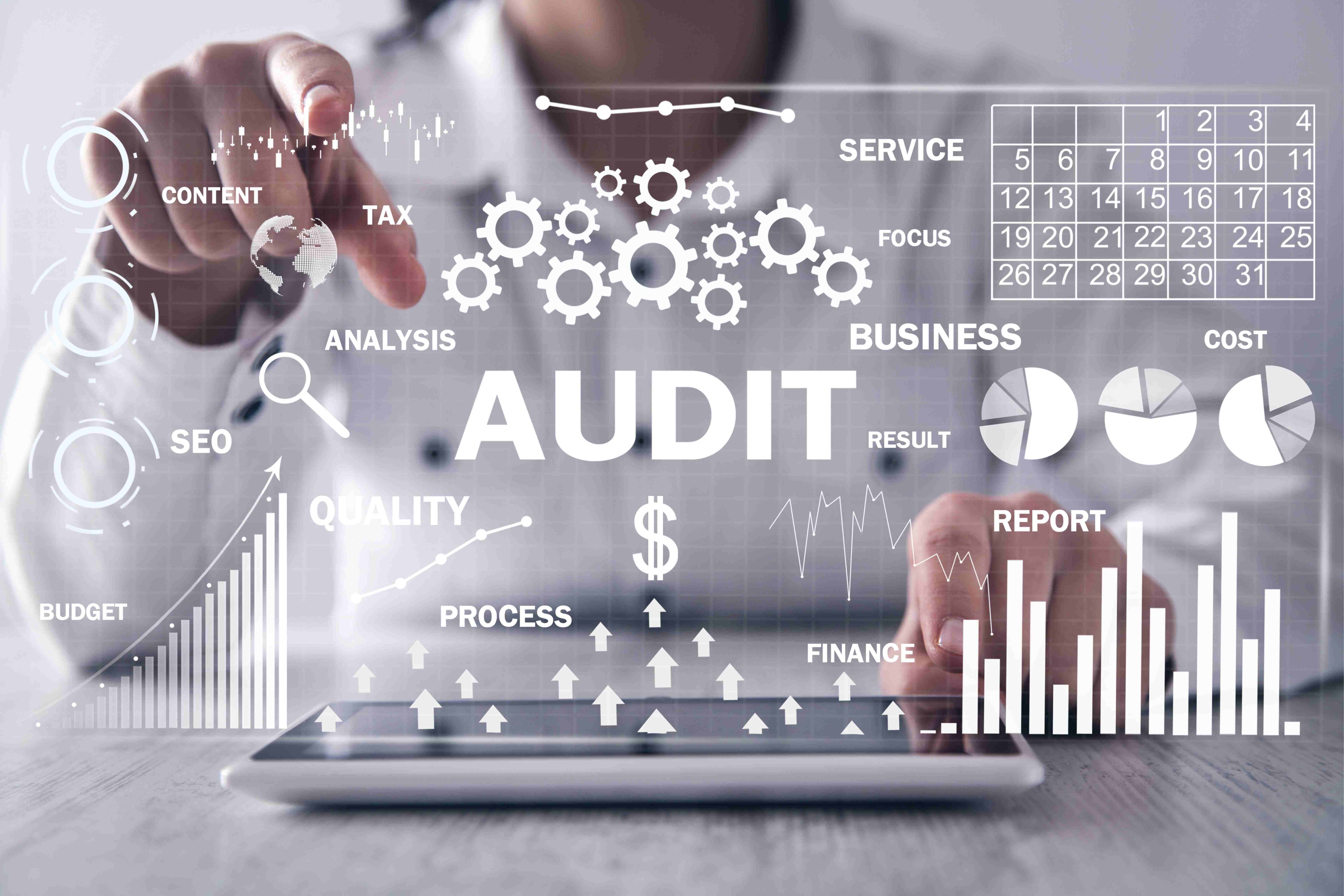Navigating the world of SEO (Search Engine Optimization) can be daunting, especially with the abundance of technical terms and jargon. Understanding these terms is crucial for business owners looking to improve their online visibility and drive organic traffic to their websites. In this comprehensive guide, we’ll break down essential SEO terms and definitions, providing actionable tips and insights to help you master the language of SEO.
Table of Contents
- Introduction to SEO Glossary
- Essential SEO Terms and Definitions
- Actionable Tips for Implementing SEO Strategies
- Latest SEO Trends
- Conclusion
- About Don Hesh SEO
1. Introduction to SEO Glossary
SEO Glossary is a collection of terms and definitions related to Search Engine Optimization. Whether you’re new to SEO or a seasoned professional, having a solid understanding of these terms is essential for optimizing your website and improving its visibility on search engines.
2. Essential SEO Terms and Definitions
Keywords
Definition: Keywords are specific words or phrases that users enter into search engines when looking for information. They are crucial for optimizing your content and helping search engines understand the relevance of your website to user queries.
SERP (Search Engine Results Page)
Definition: SERP refers to the page displayed by search engines in response to a user’s query. It includes organic search results, paid advertisements, featured snippets, and other search features.
Backlinks
Definition: Backlinks, also known as inbound links, are links from other websites that point to your site. They are an important ranking factor and signal to search engines that your content is valuable and authoritative.
Crawling
Definition: Crawling is the process by which search engine bots systematically browse the web to discover and index new or updated web pages. It involves following links from one page to another and analyzing their content.
Indexing
Definition: Indexing is the process of storing and organizing web pages discovered during the crawling process. Indexed pages are then eligible to appear in search results when users enter relevant queries.
On-Page SEO
Definition: On-Page SEO refers to optimization techniques applied directly to individual web pages to improve their search engine rankings. This includes optimizing content, meta tags, URLs, and internal linking.
Off-Page SEO
Definition: Off-Page SEO focuses on activities outside of your website that influence search engine rankings. This includes building backlinks, social media engagement, and online reputation management.
Meta Tags
Definition: Meta tags are HTML elements that provide information about a web page to search engines. They include meta titles, meta descriptions, and meta keywords, which help search engines understand the content and context of the page.
Alt Text
Definition: Alt text, short for alternative text, is a descriptive attribute added to HTML image tags. It provides a textual description of an image, making it accessible to visually impaired users and helping search engines understand the content of the image.
PageRank
Definition: PageRank is an algorithm used by Google to rank web pages in its search engine results. It evaluates the importance of a web page based on the quantity and quality of links pointing to it.
3. Actionable Tips for Implementing SEO Strategies
- Keyword Research: Conduct thorough keyword research to identify relevant terms and phrases for your target audience.
- Optimize On-Page Elements: Optimize meta tags, headings, and content with target keywords to improve relevancy and visibility.
- Build Quality Backlinks: Focus on acquiring high-quality backlinks from reputable websites within your industry.
- Regular Content Updates: Keep your website content fresh and updated to maintain relevance and attract search engine bots.
- Monitor Performance: Use analytics tools to track your SEO performance and make data-driven decisions to improve results.
4. Latest SEO Trends
- User Experience (UX) Optimization
- Voice Search Optimization
- Mobile-First Indexing
- E-A-T (Expertise, Authoritativeness, Trustworthiness) Signals
5. Conclusion
Understanding SEO terms and definitions is fundamental to implementing effective optimization strategies for your online store. By mastering these concepts and staying abreast of the latest trends, you can elevate your website’s visibility and drive organic traffic, ultimately leading to business growth and success.
6. About Don Hesh SEO
Don Hesh SEO is your trusted partner in implementing effective SEO strategies to enhance your online reputation and drive results for your business. As experienced SEO consultant and Google Ads consultant, we specialize in helping businesses improve their online visibility, attract more customers, and achieve their marketing goals. Contact us today to learn how we can help you elevate your online reputation and drive success for your business.


